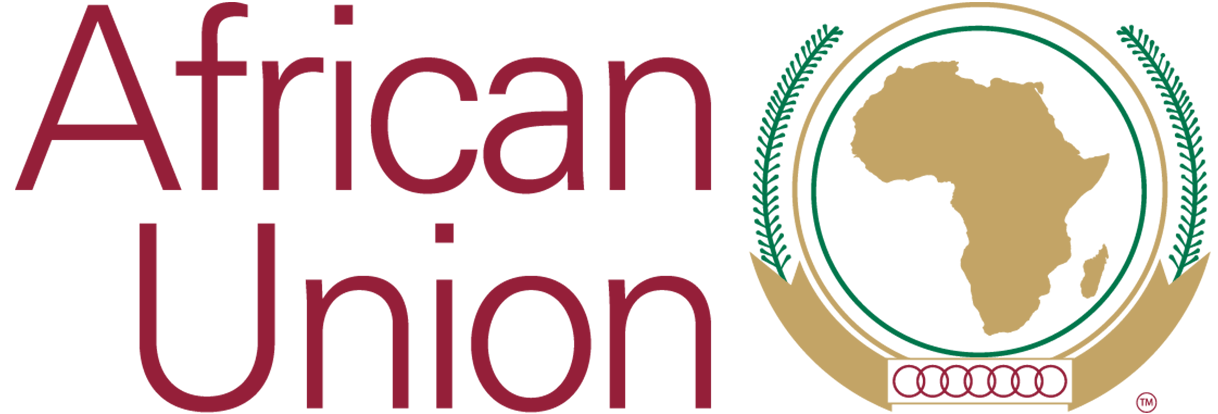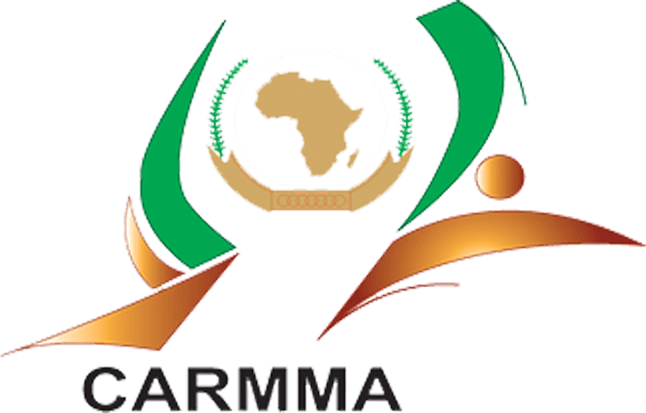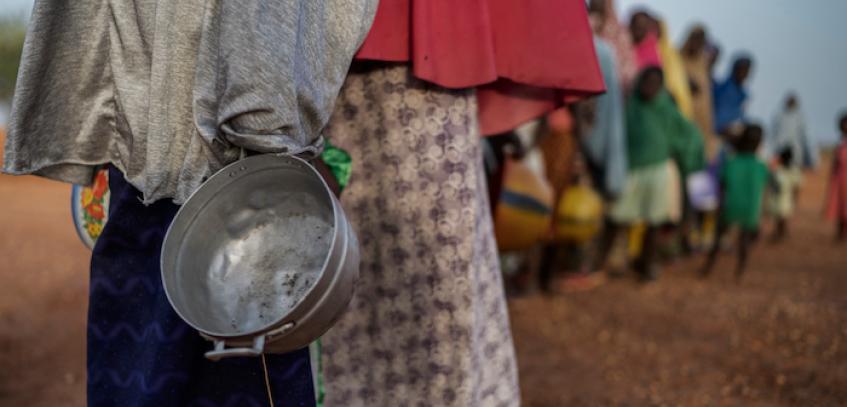In 2017, Africa was estimated to have a population of 1.25 billion, and with a growth rate of more than 2.6%, the continent is projected to double it’s population by the year 2050 to 2.4 billion. The continent boasts the highest population share of the youth globally, presenting a potential demographic dividend that if adequately leveraged, can contribute to accelerated, sustainable and equitable development. To better serve the needs for Africa’s growing population, food security, nutrition and health should be considered a development priority with a particular focus on the risk factors to their sustainability.
The African Union Commission developed a discussion paper titled “Population, Food Security, Nutrition and Sustainable Development” to guide discussions during the 53rd session of the United Nations (UN) Commission on Population and Development. The Paper provides recommendations that contribute to policy discussions that will impact the health, food security and nutritionsectors, towards the achievement of goal two of the Sustainable Development Goals (SDGs) of the United Nations that seek to end hunger, achieve food security and improve nutrition, and promote sustainable agricultural targets and goal five of Aspiration One of African Union Agenda 2063, that envisions to radically transform African agriculture to enable the continent to feed itself and be a major player as a net food exporter.
While acknowledging that Africa’s policy environment has increasingly become more supportive towards nutrition, the paper recognizes the African Union nutrition policy instruments like the 2014 Malabo Declaration, the Africa Regional Nutrition Strategy 2015-2025 and Agenda 2063 and Africa’s wide participation in the Cost of Hunger (COHA) studies, the Continental Nutrition Accountability Scorecard and Comprehensive Africa Agriculture Development Programme (CAADP) as a means to be leveraged at country level to catalyze the needed developments.
The paper concludes with some key recommendations as follows:
- Increasing financing commensurate with the needed effort levels for existing policy instruments and initiatives like those of the CAADP, Africa regional nutrition strategy; Africa Renewed Effort for Stunting Elimination; African Leaders for Nutrition, the African Nutrition Accountability Scorecard, e.t.c as well as increasing investment on proven cost-effective and sustainable strategies and programmes
- Enhancing alignment, coherence and strengthening multisectoral coordination and programming across policy and program instruments addressing food security and nutrition at national, sub-national and continental levels, to accelerate progress and avoid negative trade-offs
- It is also paramount to invest in adequate functional capacity and nutrition leadership skills to help navigate multiple stakeholder interests to foster high quality collaboration amid potential conflicts of interest for better coordination and coherence of implementing programs and interventions across different government and development partner stakeholder interests
- Focusing on Double Duty Actions which are interventions, programmes and policies that simultaneously tackle all forms of malnutrition to mitigate nutrition related harm
- Identifying and promoting positive dietary patterns for example developing food based dietary guidelines are important tools to inform policy, consumer and private sector decisions and more African countries should initiate efforts to develop food based dietary guidelines.
The above recommendations which are not exclusive will significantly contribute to the implementation of the food security and nutrition related interventions by AU member states.








